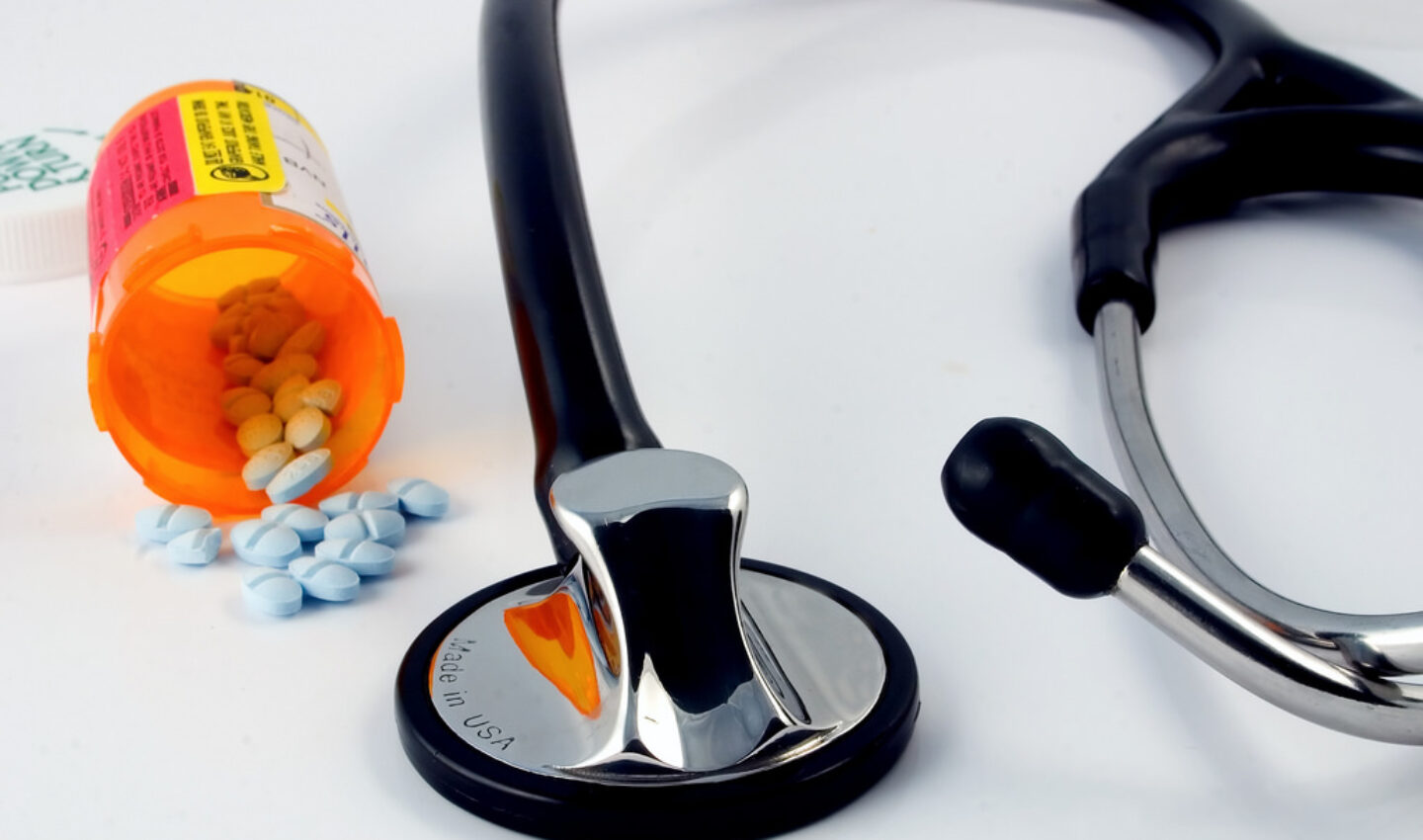UMass Medical School and its business affiliate, UHealthSolutions, are offering member and prescriber outreach and medication management services to help health plans increase their Medicare Star Ratings and save money.
Under the Affordable Care Act, the Centers for Medicare and Medicaid Services has established new standards for Medicare plans that emphasize customer satisfaction, medication adherence and member health access and outcomes. Many plans are finding it a challenge to meet and maintain these standards, and lower ratings can be costly for plans.
To help Medicare plans achieve higher ratings, UHealthSolutions and Clinical Pharmacy Services (CPS), a unit within UMass Medical School’s Commonwealth Medicine division, have developed Star Rating enhancement services, which include medication adherence strategies, member and prescriber outreach, and data management and analytics.
“Some health plans are making an effort to do this on their own, but their in-house capacity is limited,” said Jeff Auger, director of operations for UHealthSolutions.
UHealthSolutions’ experience serving Medicare populations began in 2001, when it assumed responsibility for all operational components of the Massachusetts state pharmaceutical assistance program, Prescription Advantage. UHealthSolutions has been providing member outreach services from its full-service contact center since 2002, and through its partnership with CPS, the work expanded to prescriber outreach in January 2015. Auger realized there aren’t many companies doing both member and prescriber outreach, which led UHealthSolutions and CPS to put together a package of complete services to offer Medicare Advantage and Part D health plans.
“I don’t see anybody that has really been putting together a full suite of services. That’s where I thought we could make a real difference – for the health plans struggling to keep up with the new rules, and for the members and patients they serve,” Auger said.
Member outreach services help improve member experience, access to services, plan loyalty, and overall satisfaction. Prescriber outreach services are focused on educating prescribers about the clinical and economic benefits of medications to produce savings and ensure patients receive and adhere to appropriate medications.
The team’s outreach services for one national health plan helps patients who are not adhering to their regimens for drug prescriptions to treat cholesterol, diabetes and/or hypertension. They also are calling the health plan’s prescribers to educate them about medication regimens with lower risks and better outcomes.
The member outreach for the national health plan has been more successful than the national average, which is just under 50 percent.
In 2014, UHealthSolutions contacted 62,292 members, or 58 percent of the 107,570 total members included in the outreach and who had valid phone numbers on file. Between Sept. 30, 2013, when the program began, and Jan. 31, 2015, 77,160 members, or 57 percent of the total 136,210 total members in the outreach, were contacted by UHealthSolutions. As the outreach approach has achieved positive results, the health plan has increased the number of members included in the program.
UHealthSolutions has had more success in reaching health plan members because it monitors data that shows the days of week and times of day when it has the most success reaching people. It uses that data to schedule call activity as much as possible at times when it’s reaching the most people. This enables UHealthSolutions to reach more people without driving up operating costs, Auger said.
The services provided by UHealthSolutions and CPS have an advantage because their affiliation with UMass Medical School provides them with access to a vast array of both clinical and nonclinical resources.

